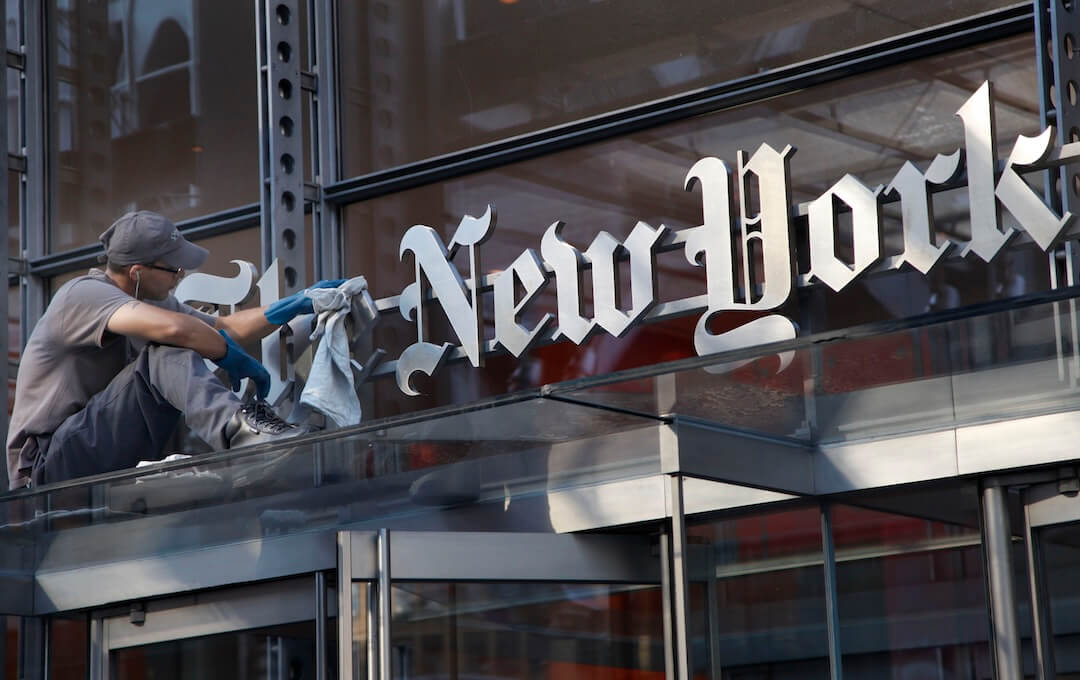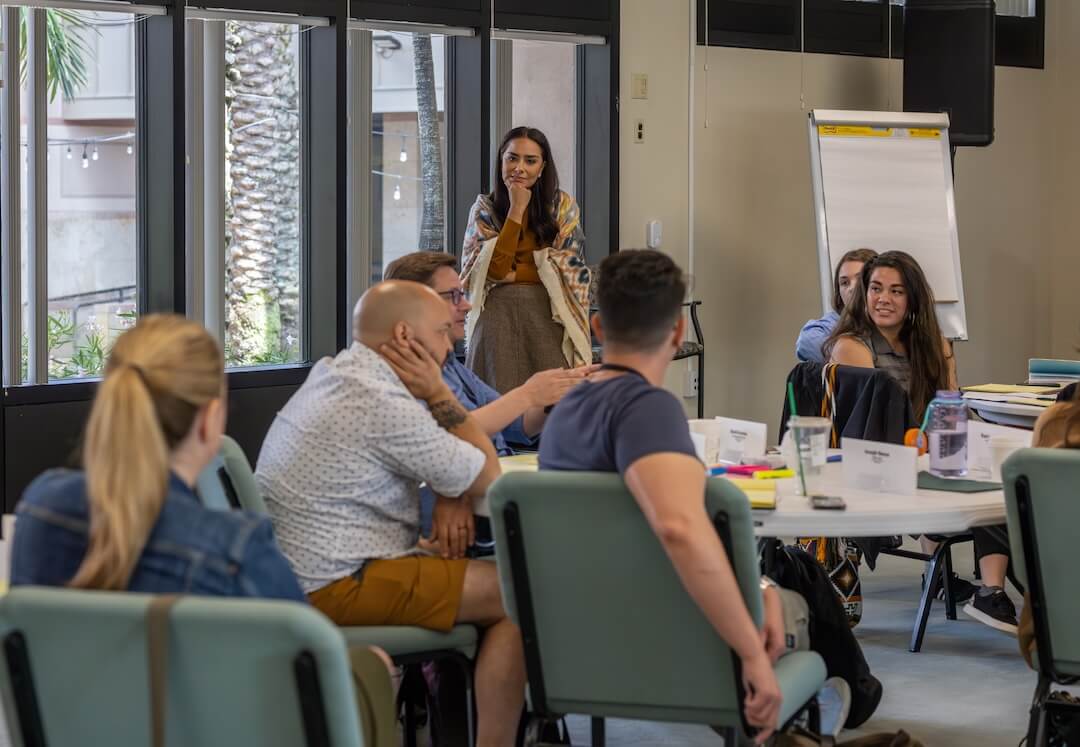Fact-checking organizations often collaborate with each other to cover large-scale factual disputes that span multiple countries and policy areas. Since fact-checkers in France launched Crosscheck in 2017, a collaborative project to fight false news around that year’s presidential election, many others have tried to replicate the initiative.
Two examples from Latin America are Mexico’s Verificado and Brazil’s Comprova, both launched in 2018. Between March and May of 2019, European fact-checkers launched FactcheckEU, a project geared toward the continent’s Parliamentary Election. Looking forward, a handful of Argentine media organizations have come together in recent months to kick off Reverso, and the same occurred in Bolivia with Bolivia Verifica.
Wednesday, during Global Fact 6, leaders from five of these collaborative projects produced a list of best practices to be replicated by other multi-platform fact-checking projects. Here’s what they suggested:
1. It may take lots of time to convince media partners to join the project. “It could take months,” said Laura Zommer, director at the Argentinian fact-checking initiative Chequeado, “so be ready to meet with a lot of people, and drink a lot of coffee, too.”
2. Write a memorandum of understanding before you start to work together. Pauline Moullot of CheckNews/Liberátion, one of the 19 fact-checking initiatives involved in FactcheckEU, warned, “Don’t believe that everyone is on the same page. Sit down, write a document so all partners know what they can and can’t do.”
3. The collab veterans recommended building a committee to oversee your work and help solve difficult situations among partners. “Specialists can serve as advisers when two platforms verify the same claim and reach different conclusions, for example,” suggested Yvonne Chua, the coordinator of Tsek.ph of the Philippines.
4. Consider planning some sort of boot camp for all those who will be involved with the project, so everyone gets to meet each other and learn about which tools will be used. Giovanni Zagni, from Pagella Politica and Soma project, pointed out that if it’s a regional initiative spanning more than one country, this could be very costly. “In Italy, we had people from Pakistan wanting to join our project,” he said.
5. Set up a quota for articles for every partner involved, so it’s ensured that each outlet will be contributing evenly. Otherwise, one or two partners may end up carrying the entire project alone.
6. Choose one platform to communicate within your team. Is it going to be Trello? Slack? WhatsApp? Email? “Please remember people don’t have time to spend, and they are probably working on something else besides the collaborative project,” Moullot said. “At FactcheckEU we decided that email would be the best choice, even though it sounded a little old-school.”
7. “Consider hiring a full-time lawyer,” advised Chua in a panel at Global Fact. She pointed out that in some countries, fact-checking can be dangerous, and the project and its partners must be protected.
8. “Consider offering different levels of engagement,” added Zommer. Some media outlets may not be ready to write and publish their own fact-checks, but could be willing to share yours. Be open to different capacities, skills and interests.
9. Work on how to make your fact-checks go viral. False news and false claims spread really fast, and a collaborative project needs to be ready for that, especially if it’s tailored to an election cycle.
10. Remember to use different formats to deliver your conclusions. “We are used to writing articles, but remember you can do videos, images, tweets,” suggested Zommer.
11. If the initiative is tied to an election or event that occurs on a certain day, plan to have a pop-up newsroom. “Fact-checkers work together very well and have fun with each other,” Chua said.
12. Don’t just focus on the project’s initiation; consider what your end goals are, so you can better tailor your work towards that vision. “Think about what you want from the project after it is over,” Zagni said.
According to these fact-checkers, there are plenty of reasons to collaborate: reaching new audiences, sharing strategies and methods, and building trust among journalists and media outlets in the same city, country or region. As a group you will be stronger to face any attack or threats coming from the power, but, above all, when you work in collaboration, you serve as a soldier for the best journalism there is — the one based in facts and facts only.







